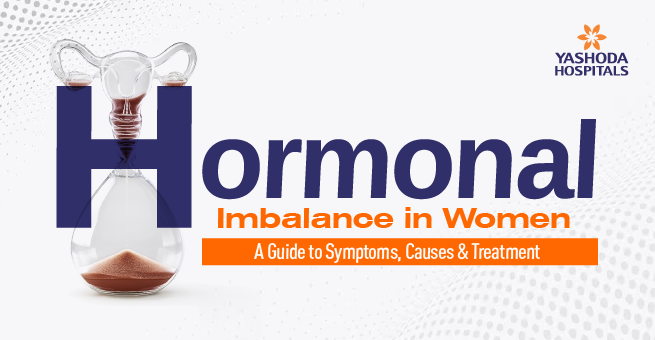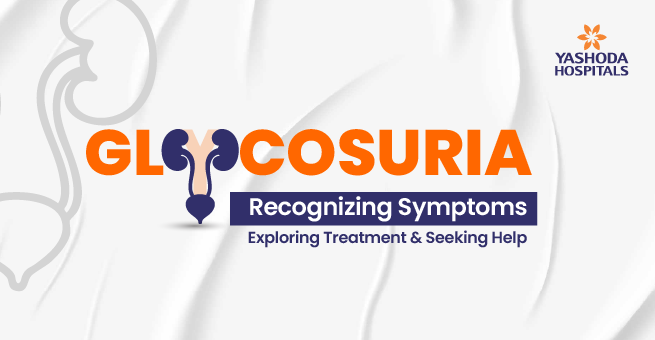Best Endocrinology Hospital in Hyderabad, India
Yashoda department of endocrinology is a multidisciplinary institute offering expert care for various endocrine conditions. We have an expert team of endocrinologists who have diagnosed and treated patients for all endocrine conditions and disorders. We are committed to providing high-quality clinical expertise, comprehensive patient care and extensive medical services for patients with endocrine disorders.
Yashoda institute aims to provide supreme care and state of the art medical solutions to empower patients towards an active and healthy lifestyle.
Advanced Endocrine, Diabetes and Thyroid Hospital in Hyderabad
The Department of Endocrinology has achieved excellence in addressing patients with endocrine conditions and disorders that include diabetes, thyroid disorders, growth abnormalities in children, infertility in males and females, osteoporosis, pituitary disorders, obesity management and various other hormonal disorders. Our highly experienced endocrine specialists use the latest diagnostic procedures and technologies to treat patients and ensure they receive quality medical care.
Yashoda Department of Endocrinology is staffed by the world-class team of endocrinologists who are supported with skilled staff to provide compassionate care to patients.
Health Blogs for Endocrinology
Doctor Talk
Health Talk
No videos found.
FAQ’s
What is the meaning of endocrinology?
Endocrinology is the study of hormones and the glands and organs that secrete them within the endocrine system.
How does the endocrine system affect diabetes?
Diabetes is an endocrine disorder affecting the pancreas, which produces insulin. When the pancreas makes insufficient insulin or the body doesn’t use it properly, blood sugar levels rise, as insulin helps move sugar into cells for energy.
What is an endocrinology test for?
Endocrine tests are used to diagnose hormonal disorders and determine the best treatment plan. Physicians use various tests to measure hormone levels and identify endocrine issues.
How do you treat diabetes?
Managing diabetes involves several key strategies, as it affects everyone differently. The main aspects include monitoring blood sugar levels with a glucose meter or continuous glucose monitor (CGM), taking oral diabetes medications like metformin (mainly for Type 2 diabetes), and using insulin for those with Type 1 diabetes or advanced Type 2 diabetes. Diet plays a crucial role, with meal planning and carb counting for those on insulin, while regular exercise helps improve insulin sensitivity. Maintaining a healthy weight, blood pressure, and cholesterol is also essential to reducing the risk of heart disease.
What is the endocrine treatment for thyroid problems?
Treatment for thyroid disease depends on the condition and its cause. For hyperthyroidism, options include antithyroid drugs to stop hormone production, radioiodine therapy to damage thyroid cells and reduce hormone levels, or surgery (thyroidectomy) to remove the thyroid for a permanent solution. After surgery, patients will need to take synthetic thyroid replacement hormones for life.
What is the most common type of endocrine disorder?
Diabetes is the most common endocrine disorder, occurring when the pancreas fails to produce enough insulin or the body cannot use insulin effectively, leading to elevated blood sugar levels.















 Appointment
Appointment WhatsApp
WhatsApp Call
Call More
More